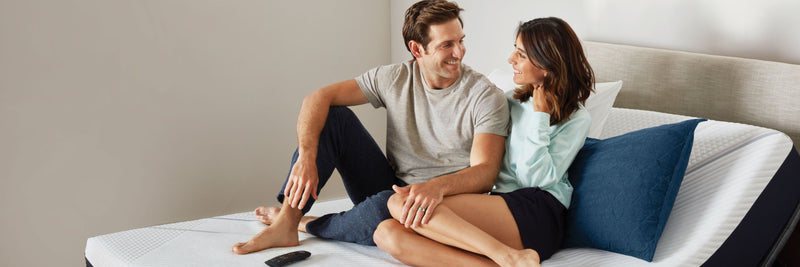Learn to Love the Morning and Wake Up With Energy
December 16, 2019
Author: sertaadmin
We get used to waking up tired in the morning, fighting the alarm clock. Or the sun. We grab breakfast, sustain ourselves on a cup of coffee, and march into the nine-to-five. But it’s usually earlier than nine and never seems to end at five. We march on, facing competing projects, people, priorities and problems.
But what if we take a time out? A moment of quiet. A truce with our to-do lists. What if we make time for ourselves and our friends and our families? Enough time to wake up in the morning feeling energetic — even enthusiastic — refreshed and ready to meet another day, a new deadline, an old problem.
Waking up with energy is about more than the hours of sleep you get, though those do matter. It’s about a lifestyle that considers sleep as important as exercise and nutrition. In fact, your energy level has to do with all of these pillars of health and how you manage the factors that contribute to them.
The world’s always on, but you need to turn off.
Let’s start with sleep, since getting enough and getting it consistently is a big factor in how you feel when you wake up. Start by setting up a routine for consistent sleep. The way you protect your time for important appointments, protect it for sleep. Try going to bed and waking up around the same time every day. Even on the weekend. And make sure you’re getting the hours in. Most adults need 7-9 hours of sleep.
If you having trouble falling asleep, cool down to zone out. Drop your thermostat to the optimal sleep temperature 30 minutes before bed. Or try the TempActiv™ technology in our new iComfort memory foam, designed to help you find the right sleeping temperature from the moment you lie down. If you struggle to wake up in the morning, bring in the sun. Open the curtains, wake up with natural light, and put a stop to hitting the snooze button.
Can’t seem to shake those sleepless nights? Read our top 10 tips on falling asleep fast.
Your bedroom is your sanctuary. Where the world melts away and you sink into sleep. If you’re tossing and turning, or having trouble sharing your bed with your partner, it might be time to invest in a new mattress.
Exercise to relieve stress and feel better.
Endorphins are powerful benefits of exercise. In addition to keeping your body physically healthy, regular exercise gives you energy, helps you sleep better at night, and helps you manage anxiety and stress.
Some studies suggest a dose of exercise gives you as good of a boost as caffeine. Given the increase in energy you get from heart rate-increasing activity, you might find that exercising too late in the evening actually makes it harder to slow down and turn off for the night. So find the optimal time to work out without adding another item to your long list of must-dos. Take the stairs at work, play with your kids, or take a walk around the block and make off with a few minutes to yourself while you’re at it.
Manage your intake of caffeine, alcohol, and spice.
Speaking of caffeine, exchanging coffee for caffeine-free tea in the afternoon can help you get to sleep more easily. If you need a boost later in the day, see if you can get it from a quick walk, or spend 20 minutes at a standing desk.
Limiting or eliminating your alcohol consumption will help minimize interruptions in your deep sleep cycle. For the same reason, be realistic about the way spicy foods affect your body and your sleep. If they cause indigestion, heartburn or acid reflux, abstain from them for at least three hours before you head to bed.
Put the world on pause.
Take refuge — for the night, for an hour, or for fifteen minutes. Give yourself some space to rest and restore every day so you can wake up feeling refreshed in the morning. Let the world do its thing. It’ll be there when you wake up. And you’ll be ready for it.


